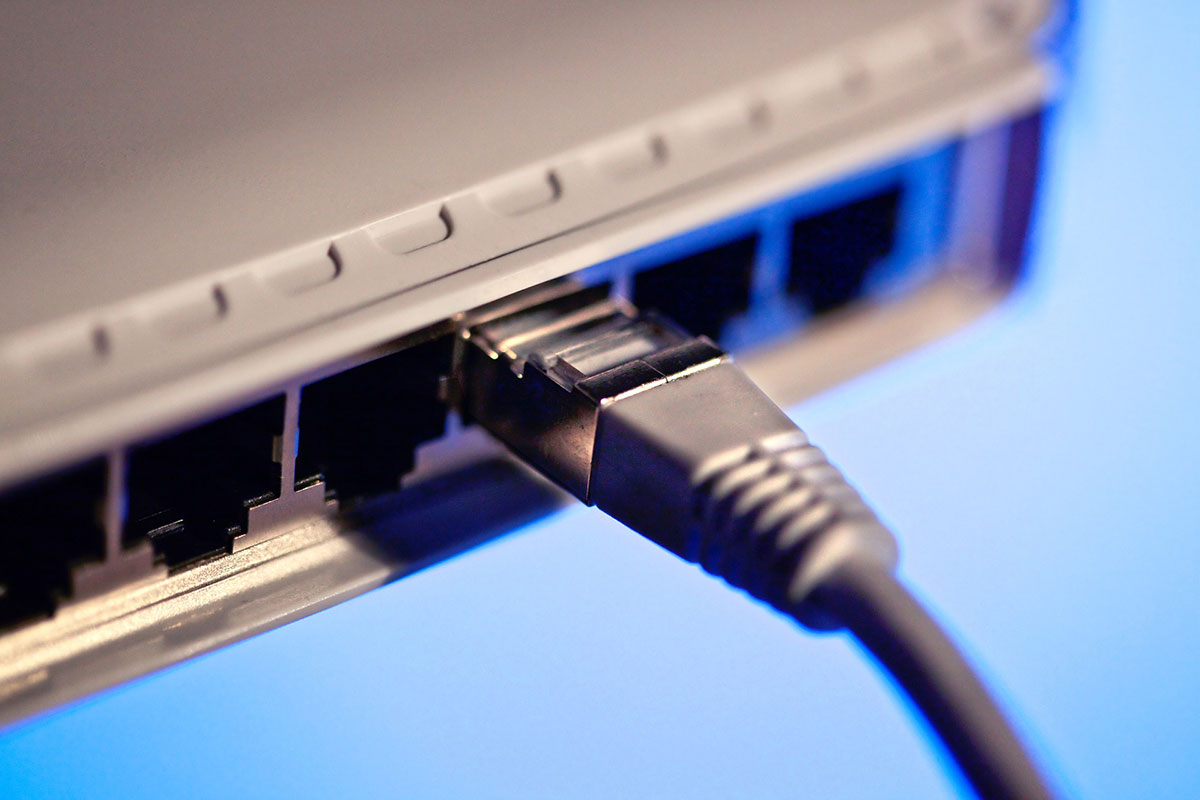California passes net neutrality law, is promptly sued by the Department of Justice
That was fast.

California is celebrating the passing of what are considered to be the toughest net neutrality regulations in the land, even more so than the original net neutrality rules that the FCC reversed earlier this year, but they may not stand up in court. The US Department of Justice aims to find out—it has already hit California with a lawsuit in hopes of blocking the rules, and effectively raining on the state's parade.
Led by Scott Wiener (D-California), lawmakers met with little resistance in pushing through Senate Bill 822, which prohibits internet service providers from blocking or slowing down websites or "whole classes of applications," like video. It also specifically prohibits ISPs from charging online services access fees to reach customers, otherwise known as paid prioritization.
Last month, California's state Assembly voted 61-18 in favor of the bill, and a day later the state's Senate approved the measure in a 27-12 vote. All that remained was for California Governor Jerry Brown to sign the bill into law, which he did on Sunday.
NET NEUTRALITY IS NOW THE LAW IN CALIFORNIA!Governor Brown just signed our #SB822, which contains the strongest #NetNeutrality protections in the nation. Huge win for an open internet. Thank you @JerryBrownGov! pic.twitter.com/mZa8l9qc16October 1, 2018
It was a foregone conclusion that the bill would face legal scrutiny, especially after FCC Chairman Ajit Pai lashed out at the rules two weeks ago, calling them "illegal," "radical," and "anti-consumer." What some may not have predicted, however, is how quickly the DoJ would pounce. The DoJ filed a lawsuit less than two hours after the bill was signed into law.
"Under the Constitution, states do not regulate interstate commerce—the federal government does. Once again the California legislature has enacted an extreme and illegal state law attempting to frustrate federal policy. The Justice Department should not have to spend valuable time and resources to file this suit today, but we have a duty to defend the prerogatives of the federal government and protect our Constitutional order. We will do so with vigor. We are confident that we will prevail in this case—because the facts are on our side," Attorney General Jeff Sessions said in a statement.
Pai predictably is throwing his support behind the lawsuit. He doubled down on calling California's net neutrality regulation illegal, adding that "it also hurts consumers."
"The law prohibits many free-data plans, which allow consumers to stream video, music, and the like exempt from any data limits. They have proven enormously popular in the marketplace, especially among lower-income Americans. But notwithstanding the consumer benefits, this state law bans them," Pai said.
Keep up to date with the most important stories and the best deals, as picked by the PC Gamer team.
Pai's statement refers to a practice known as zero-rating, whereby an ISP does not count certain online content against a user's data cap. T-Mobile, for example, advertises a "Binge On" amenity to its Simple Choice customers that allows them to stream unlimited video Hulu, Netflix, YouTube, and other services. California's net neutrality law prohibits this sort of thing.
Net neutrality rules are intended to protect consumers from paying more for certain services, and from having certain legal content blocked at the whims of ISPs. Those who support net neutrality regulation fear that ISPs will abuse their power if left unchecked, whereas the other side believes that consumers are ultimately better off if ISPs are free to regulate themselves. To see why you should care, read our article from last year on what net neutrality means for PC gaming.
Paul has been playing PC games and raking his knuckles on computer hardware since the Commodore 64. He does not have any tattoos, but thinks it would be cool to get one that reads LOAD"*",8,1. In his off time, he rides motorcycles and wrestles alligators (only one of those is true).


